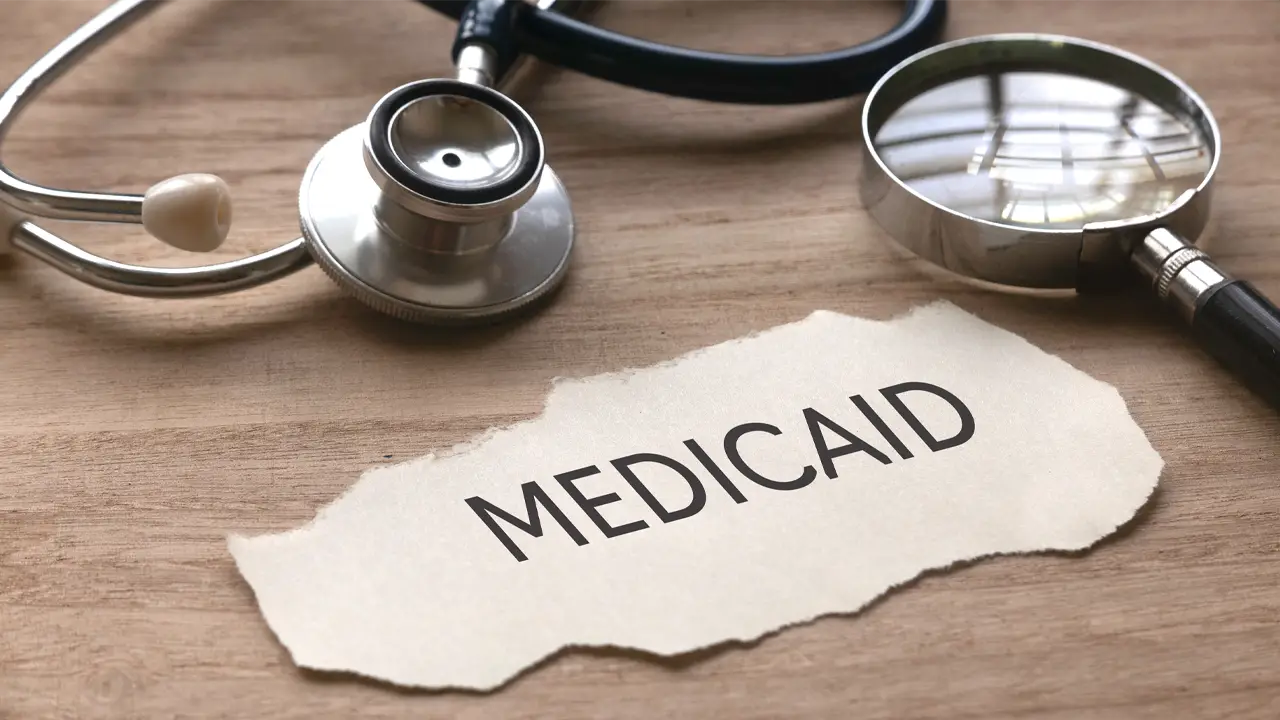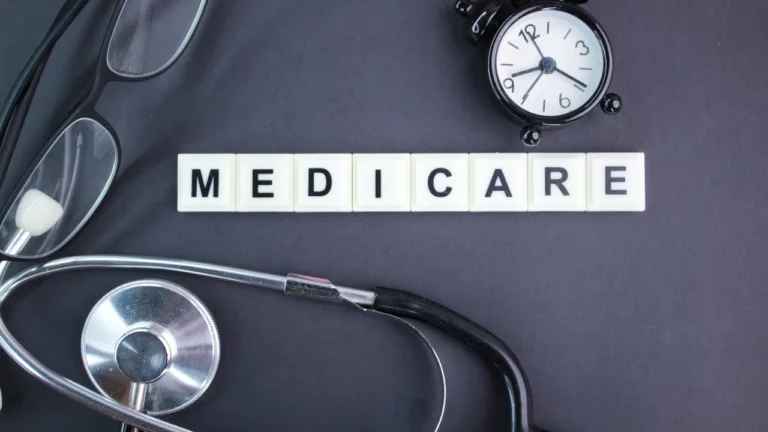The healthcare industry is constantly evolving, and access to healthcare services has become a critical issue for many Americans. According to the National Health Interview Survey, approximately 30 million Americans were without health insurance in the first half of 2020, and around 43% of adults aged 19 to 64 had inadequate coverage as of mid-2022.
Medicaid plays a crucial role in ensuring that individuals and families have access to essential healthcare services, particularly those with low incomes or disabilities. In recognition of the vital role that Medicaid plays, April is designated as Medicaid Awareness Month. This month-long campaign highlights the importance of Medicaid and raises awareness of the millions of Americans who rely on this lifeline for their healthcare needs.
Understanding Medicaid
Medicaid is a federal-state health insurance program that provides coverage for healthcare services to low-income individuals and families, pregnant women, children, and people with disabilities. The program is jointly funded by the federal and state governments, with states administering the program and setting eligibility requirements within federal guidelines.
To be eligible for Medicaid, individuals must meet certain income and asset criteria, which vary by state. Medicaid also covers certain groups of people automatically, such as those receiving Supplemental Security Income (SSI), and some individuals who have high medical bills.
Medicaid enrollment is open year-round, and individuals can apply at any time. In addition, certain events, such as a change in income or family status, may qualify individuals for a special enrollment period.
Medicaid expansion, which was introduced under the Affordable Care Act (ACA), expanded Medicaid eligibility to include individuals and families with incomes up to 138% of the federal poverty level. This expansion has provided access to healthcare for millions of previously uninsured Americans.
Medicaid Coverage and Services
Medicaid provides a wide range of healthcare services to eligible individuals, including doctor visits, hospital stays, prescription drugs, and preventive care. The program also covers services such as dental and vision care, mental health and substance abuse treatment, and long-term care.
Medicaid coverage is comprehensive and often covers services that may not be covered by other health insurance programs. For example, Medicaid may cover home health services such as remote patient monitoring (RPM), transportation to medical appointments, and assistive devices like wheelchairs and hearing aids.
States also have the option to provide additional services beyond the minimum required by federal law. For example, some states offer coverage for alternative and complementary therapies, such as acupuncture or chiropractic care.
Medicaid also provides coverage for children with special healthcare needs, including those with disabilities or chronic illnesses. This coverage includes access to specialists, medical equipment, and therapies like speech and physical therapy.
The Role of Medicaid in Public Health
Medicaid plays a critical role in promoting public health by providing access to preventive care and early intervention services. The program helps ensure that individuals receive timely and appropriate care, which can prevent the spread of diseases and improve overall health outcomes.
Medicaid coverage includes a range of preventive services, such as immunizations, cancer screenings, and regular check-ups. These services help identify health issues early on, when they are often easier and less expensive to treat.
Medicaid also plays an important role in responding to public health emergencies, such as natural disasters or disease outbreaks. The program provides funding and resources to help states and local communities respond to these crises, ensuring that affected individuals have access to the care and support they need.
In addition, Medicaid helps address health disparities by providing coverage to vulnerable populations who may face barriers to accessing healthcare services. This includes low-income individuals, people with disabilities, and older adults.
Celebrating Medicaid Awareness Month
Medicaid Awareness Month is an opportunity to celebrate the important role that Medicaid plays in the lives of millions of Americans. Throughout the month of April, we highlight the impact of this lifeline program on individuals, families, and communities across the country.
One of the key goals of Medicaid Awareness Month is to raise awareness about the program and the services it provides. Many people may not realize that they are eligible for Medicaid or may not be aware of the range of services that are covered. By increasing awareness, we can help ensure that more people are able to access the care they need to stay healthy.
During Medicaid Awareness Month, we also recognize the importance of advocacy and policy efforts to support the program. Medicaid faces ongoing funding and policy challenges that threaten its ability to provide essential services to those in need. By advocating for strong Medicaid policies and funding, we can help ensure that the program remains a lifeline for millions of Americans.
Finally, Medicaid Awareness Month is a time to celebrate the successes and accomplishments of the program. From providing coverage to over 70 million Americans to helping respond to public health emergencies, Medicaid has a long history of making a positive impact on our nation’s health and wellbeing.
So let us take this opportunity to celebrate Medicaid Awareness Month and recognize the vital role that this program plays in our communities. Together, we can work to ensure that Medicaid continues to provide a lifeline to those who need it most.
Using Medicaid for DrKumo Remote Patient Monitoring Technology
Medicaid covers the costs of RPM technology, and DrKumo is a technology leader in this area. DrKumo highly scalable, continuous, real-time RPM solution is designed to improve chronic disease management, acute care, post-operation, and hospital care at home. Their state-of-the-art, HIPAA-compliant, mobile-enabled, continuous real-time monitoring, and AI/ML engine is a user-friendly solution that solves the most painful problems in healthcare.
DrKumo RPM technology empowers patients to manage their health conditions in the comfort of their homes while enabling healthcare providers with real-time intelligence for timely intervention. With a culture that is innovative, collaborative, and technology-driven, DrKumo provides the most effective solutions to both patients and healthcare providers.
Their revolutionary approach to health care is transforming the way people access quality health care across the world. Through DrKumo RPM technology, patients and healthcare providers can stay connected, improving the quality of care and enhancing patient outcomes. The company’s vision is to empower healthcare providers with the tools they need to deliver high-quality care while reducing healthcare costs.
Takeaways
As we celebrate Medicaid Awareness Month in April 2023, it is important to recognize the critical role that the Medicaid program plays in the lives of millions of Americans, including America’s children and older adults. Medicaid is a lifeline for those who rely on it for access to essential health care services, and its importance cannot be overstated. Across the country, policymakers and advocates are working to update and strengthen the program to ensure that it continues to provide high-quality care to those in need. Thanks to the efforts of organizations like the National Health Law Program, we can look forward to a future in which the Medicaid program remains a vital center of our nation’s health care system.
Learn how RPM solution can improve access to quality healthcare for Medicaid patients, and discover how it can benefit your healthcare practice. Contact DrKumo now.








